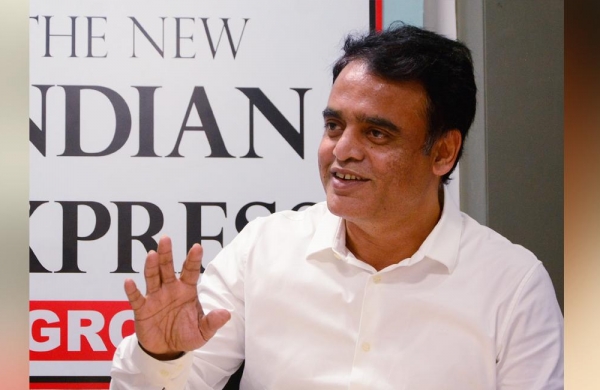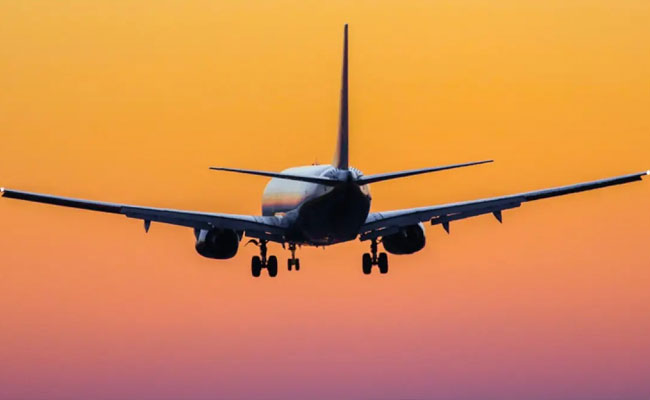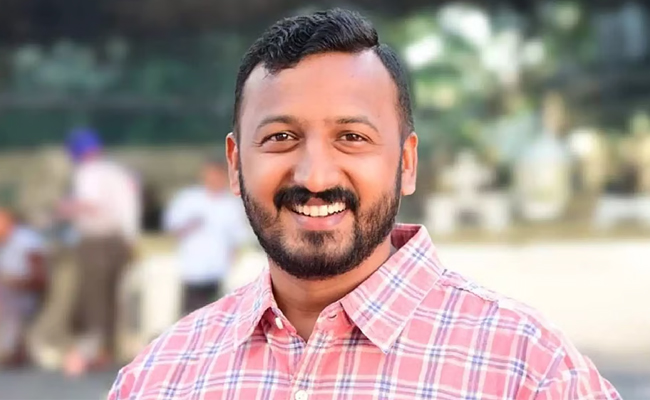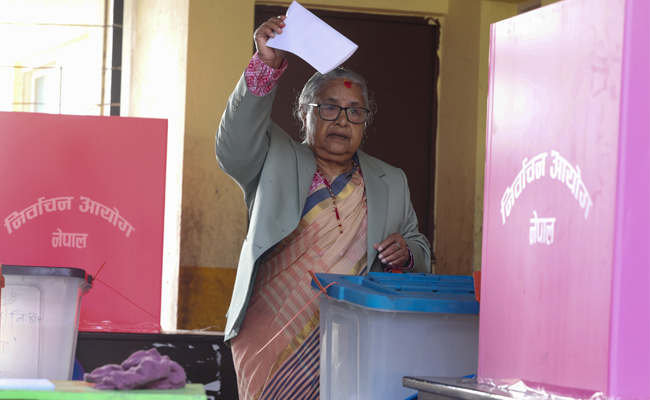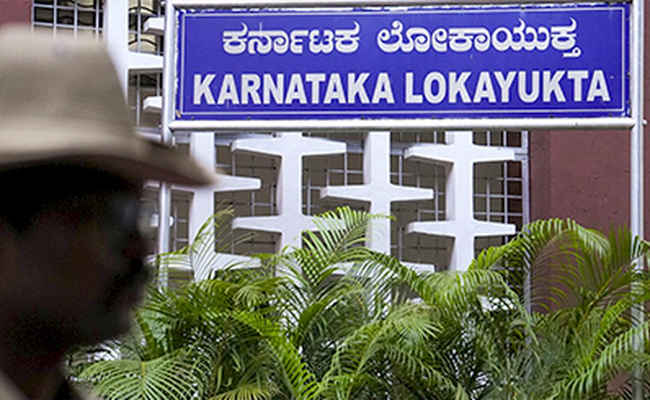Bengaluru: As the Karnataka government continues to be tight-lipped over the outcry of the students demanding the cancellation of final year exams and postponing of CET exams, Saturday saw another twitter campaign by students and organizations to continue seeking their demands to be fulfilled.
The CET examinations in the state are scheduled to be held on July 30 and 31 amidst the COVID-19 scare and the students have been vocally criticizing the government of being careless about the health of thousands of students across the state.
Several social media campaigns have so far been organized by the student organizations like NSUI to demand cancellation of final year university examination and postponing of CET exams. They have also added that the students should be promoted based on their prelims marks and previous performances and not be forced to take the examination when the state is one of the worst-hit states of the country by COVID pandemic.
On Saturday, hashtag #JusticeForKarnatakaStudents was one of the top trending topics in Karnataka and on twitter India with over 70k tweets by 6:00 pm. Students tagged Karnataka Dy.CM and Minister of Higher Education Dr. Ashwath Narayan and CM Yediyurappa in their tweets.
Some of the users also shared alleged screenshots of messages sent to the Dy.CM claiming that he had seen the messages but chose to not reply.
Here are some of the tweets from Saturday's Twitter campaign:
NOTE: The claims made in the tweets embedded below or the ideas presented in them are those solely of the users. Vartha Bharati does not guarantee the authenticity of any of the claims or does not necessarily endorse the ideas, views posted by any of the users.
The people of Karnataka haven't forgotten what was the result of your Govt's overconfidence in conducting SSLC exams. NSUI protested then too which the Govt ignored.
— NSUI Karnataka (@NSUIKarnataka) July 25, 2020
We are warning you now too, don't play with student's life.@drashwathcn @BSYBJP#JusticeForKarnatakaStudents
Around 390 students are expected in each examination center for #KCET
— Manjunatha H S / ಮಂಜುನಾಥ ಎಚ್ ಎಸ್ (@manjunathansui) July 25, 2020
Won’t that be a hotspot for #Covid19? @CMofKarnataka @drashwathcn Please #PostponeKCET exams #JusticeForKarnatakaStudents
Seems like @CMofKarnataka @drashwathcn doesn’t want to see more frontline warriors in the state. Promote medical, nursing & pharmacy students. Most of them want to be in action to care for the needy once.#JusticeForKarnatakaStudents
— Manjunatha H S / ಮಂಜುನಾಥ ಎಚ್ ಎಸ್ (@manjunathansui) July 25, 2020
UGC,MHRD and Government are intentionally ignoring this fact.
— Neeraj Kundan (@Neerajkundan) July 25, 2020
Public health foundation is saying Corona virus infection will be at peak in mid september.
Government is like :-???#31StudentsInSCForJustice#JusticeForKarnatakaStudentshttps://t.co/dr88Iyd0u4
It seems @drashwathcn or @BSYBJP never learn their lessons.
— Arun Sankar Plakkat (@arunplakkat) July 25, 2020
Why stubborn?
If many other State Govt's and Universities could cancel the exams and promote their students, why not Karnataka Govt?
Be wise. Don't sacrifice students for your ego.#JusticeForKarnatakaStudents https://t.co/flXbaUvPJ0
The students are currently going through severe mental trauma on account of the uncertainties and insensitivity of the authoritiesThis prescription of online examinations is going to further agonise them @DeepakgowdaNsui @manjunathansui#JusticeForKarnatakaStudents
— Sanjay Raj (@Sanjay_R_A_J) July 25, 2020
Staying safe is important right now for everyone. Student’s safety is much more important as they are the future of our Nation. Promote final year students on the basis of previous marks & internals.#JusticeForKarnatakaStudents @drashwathcn @CMofKarnataka @NSUIKarnataka @BSYBJP
— Siddharth (@Siddhar52893321) July 25, 2020
The students in containment zones are not able to write KCET exam #postponekcet20 #JusticeForKarnatakaStudents @drashwathcn
— Rakshith (@Rakshithbyrock) July 25, 2020
#JusticeForKarnatakaStudents
— Shravya (@Shravya26223970) July 25, 2020
Guys his PA is checking the messages and seenzoning.
Text him or call him. #postponekcet @drashwathcn @OfficeofAshwath @NSUIKarnataka @anvith_kateel pic.twitter.com/oxTeHpt2j7
Let the Truth be known. If you read VB and like VB, please be a VB Supporter and Help us deliver the Truth to one and all.
Kolkata (PTI): Flight services between Kolkata and Dubai resumed partially on Thursday, after a four-day suspension due to the ongoing conflict in the Middle East, officials said.
A flydubai aircraft from Dubai landed at the Netaji Subhas Chandra Bose International Airport here at 2:40 am with 130 passengers on board, marking the first arrival from the Middle East after services were halted for over 113 hours, they said.
The Boeing 737 Max aircraft was scheduled to arrive at 12:25 am, Kolkata airport officials said.
ALSO READ: Resolution for his removal: Speaker Birla to be present in House but not chair proceedings
The same aircraft departed for Dubai at 3:59 am with 55 passengers, they said.
The last flight to depart for the Middle East from Kolkata before the suspension was an Emirates aircraft to Dubai on February 28, the officials said.
International services between Kolkata and cities such as Dubai, Doha and Abu Dhabi were disrupted, after airlines temporarily suspended operations amid escalating tensions and airspace restrictions in parts of the Middle East, due to the conflict involving the US, Israel and Iran.
There is no clear indication about when all the Middle East routes will fully reopen, they said.

